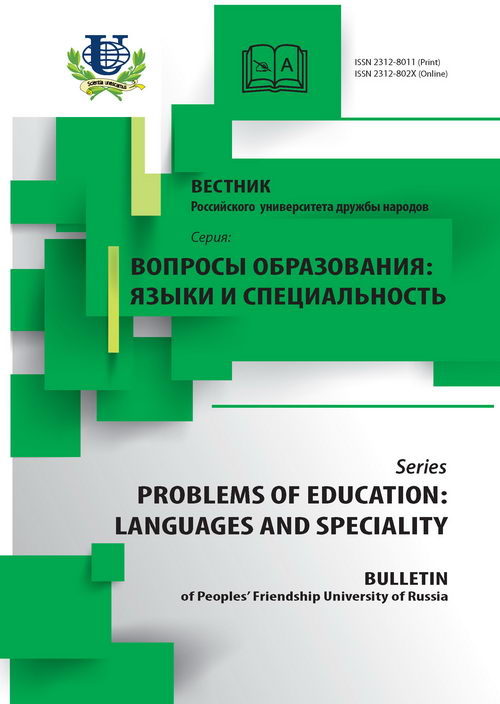LITERARY BILINGUALISM: PRO AND CONTRA
- Authors: Valuitseva II1, Khukhuni GT1
-
Affiliations:
- Moscow State Regional University
- Issue: No 5 (2015)
- Pages: 298-303
- Section: EDITORIAL
- URL: https://journals.rudn.ru/polylinguality/article/view/13045
- ID: 13045
Cite item
Full Text
Abstract
The paper deals with some aspects related to the problem of literary / fictional bilingualism, i.e. literary creativity performed in more than one language. We state the importance of differentiation between the situations a) of the writer’s bilingualism as such (the parallel use of different languages by the author in his / her literary works) and b) of using a native author’s language along with a non-mother language, i.e. practically the exceptional use of a non-native language in this function. A transition from the language originally used by the author of fiction to a different language (or languages) is deemed of no less interest. Examples of the author`s bilingualism are well known in the literature, even among the most famous world writers. However, the estimation of the said phenomenon is controversy and sometimes even distinctly negative. As a special example of the author’s bilingualism we can consider the bilingual writer’s selftranslation. It is widely known in the world literature and also causes mixed assessments.
Keywords
About the authors
I I Valuitseva
Moscow State Regional University
G T Khukhuni
Moscow State Regional University
References
Supplementary files














